Publications
New Publications
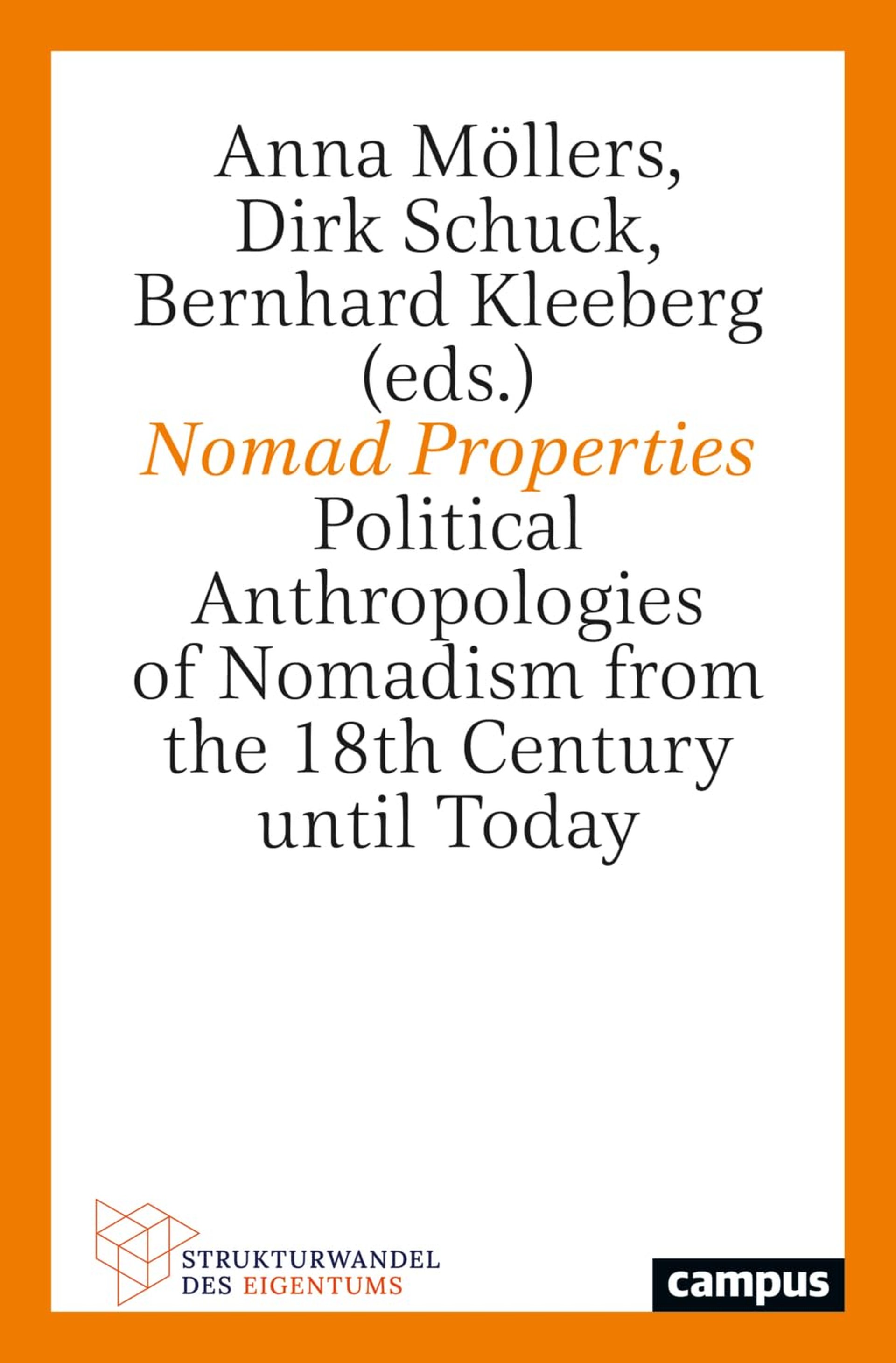
Title: Nomad Properties. Political Anthropologies of Nomadism from the 18th Century until Today.
Edited by: Anna Möllers, Dirk Schuck, Bernhard Kleeberg
January 2026
About the book
What does the discourse on nomadism say about anthropological concepts of western societies? This edited volume relates historical instances of nomadism to the role of "the nomad" in political discourses and recent theoretical debates. The figure of the nomad was and still is constructed as an antagonist within a (neo-)liberal frame of narratives about sedentarism, productivity and improvement. Whereas the discourse about nomadism in the 18th and 19th century was entangled with colonial contexts and ideas about so called "primitive" societies, it became even more multifaceted in the 20th century, considering ideas about "nomadic thinking" of Deleuze or Guattari, and different forms of "modern nomadism" on the rise: from travelling day laborers to refugees of war, to scientists, to a global managerial class.
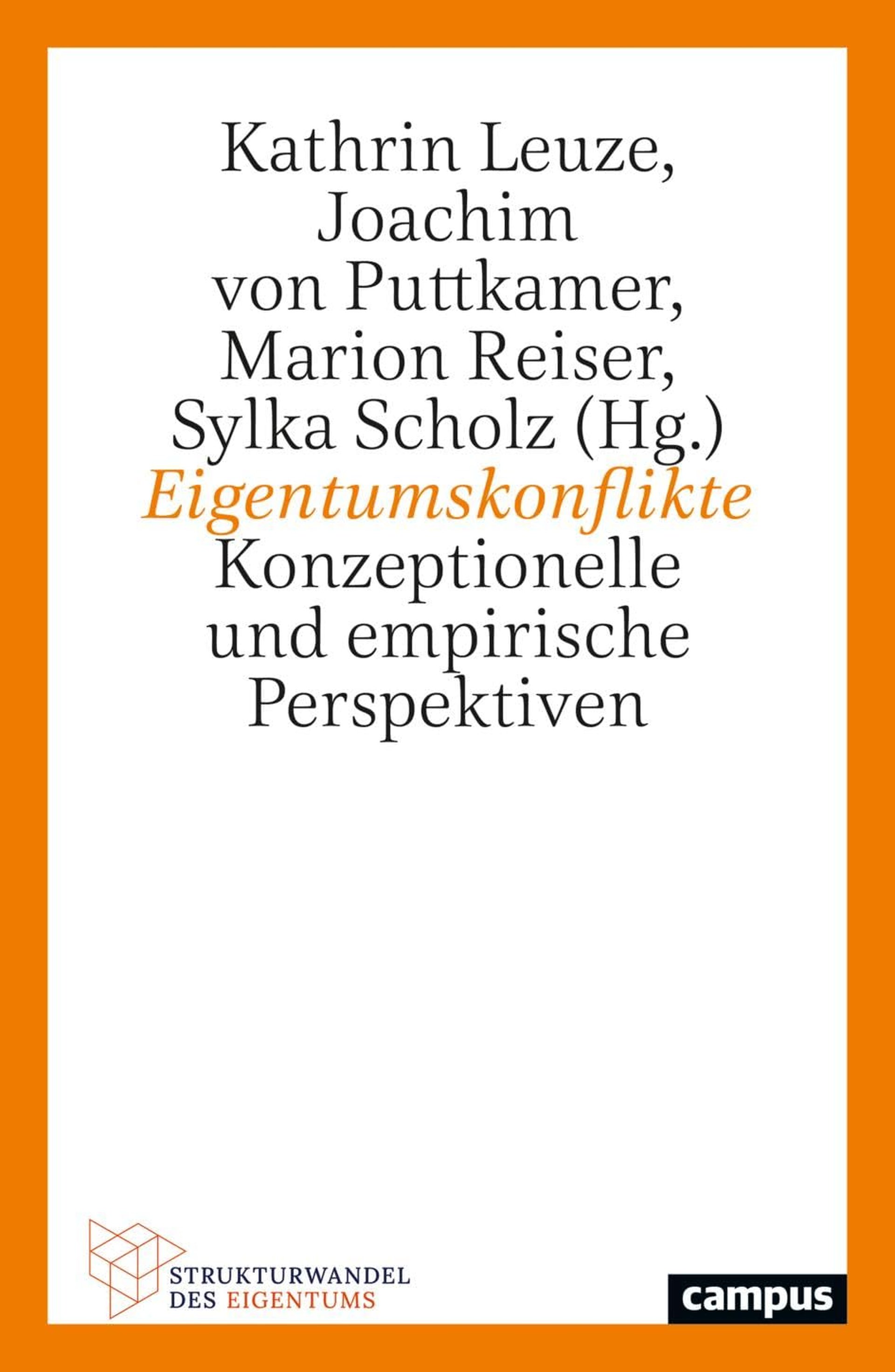
Title: Eigentumskonflikte. Konzeptionelle und empirische Perspektiven
Edited by Kathrin Leuze, Joachim von Puttkamer, Marion Reiser, Sylka Scholz
December 2025
About the book
Many social conflicts in contemporary capitalist societies revolve around (private) property, an institution that is constitutive for the emergence of modern capitalist societies, but which has only been marginally considered in academia and society in recent decades. The articles in this book examine the various conflicts over (private) property that are evident in contemporary capitalist societies. Do these conflicts have the potential to fundamentally transform social property systems?
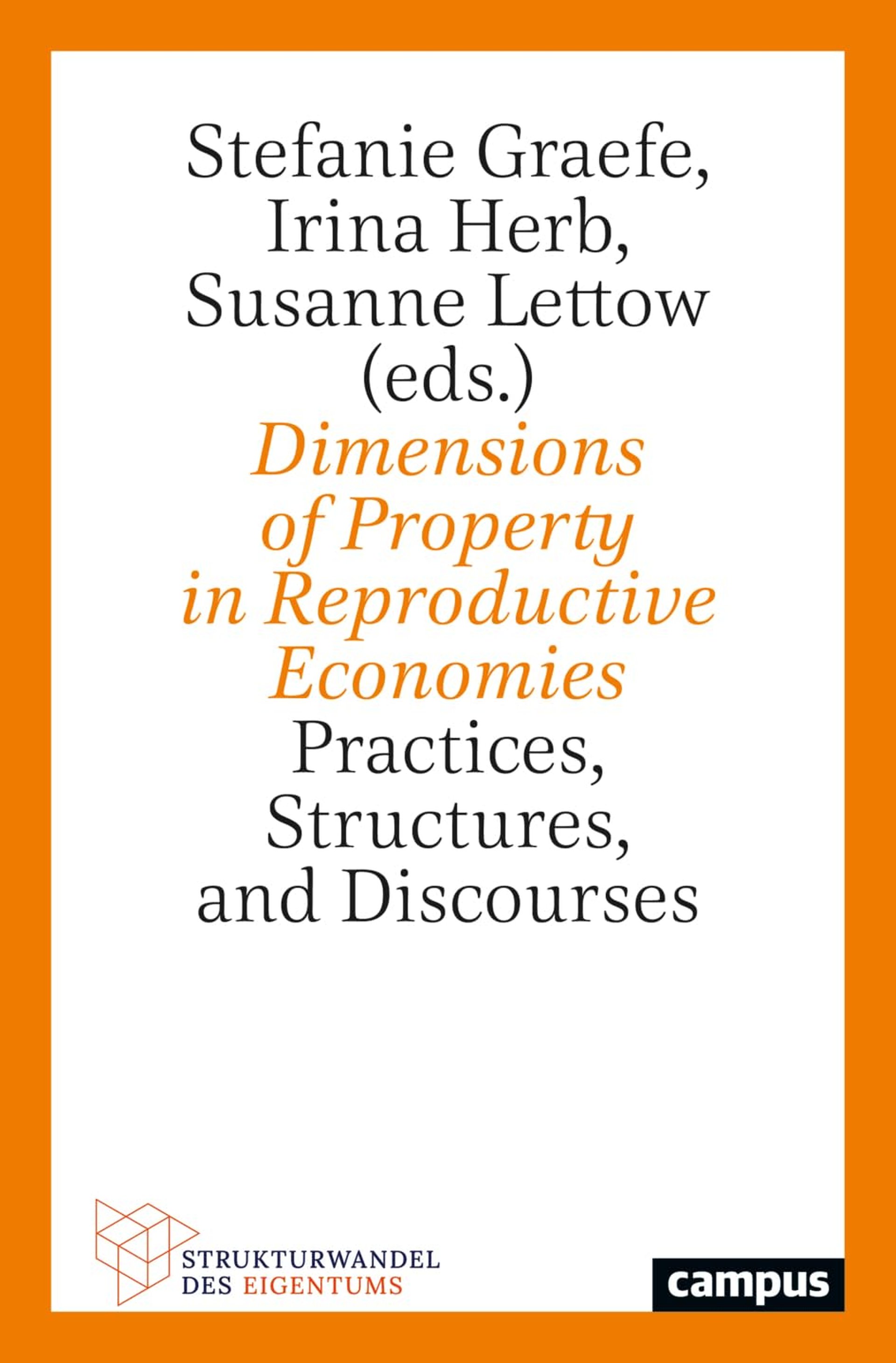
Title: Dimensions of Property in Reproductive Economies. Practices, Structures and Discourses
Editors: Stefanie Graefe, Irina Herb, Susanne Lettow
October 2025
About the book
Since the late 20th century, the production, circulation and consumption of bodily materials and reproductive services such as oocyte transfer and surrogacy have evolved into proliferating transnational reproductive economies. A wide range of new actors have emerged in this field, alongside an array of locally specific legal regulations, as well as (bio-)ethical discourses. Critical research on the political economy of assisted reproductive technologies (ART) has studied and problematized these developments. In this context, concepts such as production and reproduction, gift exchange, commercialization and labor have been adopted and re-formulated in order to grasp the specificity of reproductive economies and their correlations with capitalism. This edited volume aims to extend these critical perspectives through taking property and processes of propertization systematically into account. Focusing on property relations helps to highlight and analyze processes that constitute property objects, property subjects and property relations and their entanglement with intersecting relations of power and domination in reproductive economies.
Publication series 'Structural change of property'
Edited by Silke van Dyk, Tilman Reitz and Hartmut Rosa
The series emerged from the Collaborative Research Centre "Structural Change of Property" funded by the German Research Foundation. It brings together outstanding academic work on the history, present and future of property from an interdisciplinary perspective. It is based on the assumption that the institution of private property is coming under increasing pressure in the face of intensified distribution conflicts, new digital productive forces and the crises of social and ecological reproduction and is confronted with alternatives.
Monographs and Edited Volumes
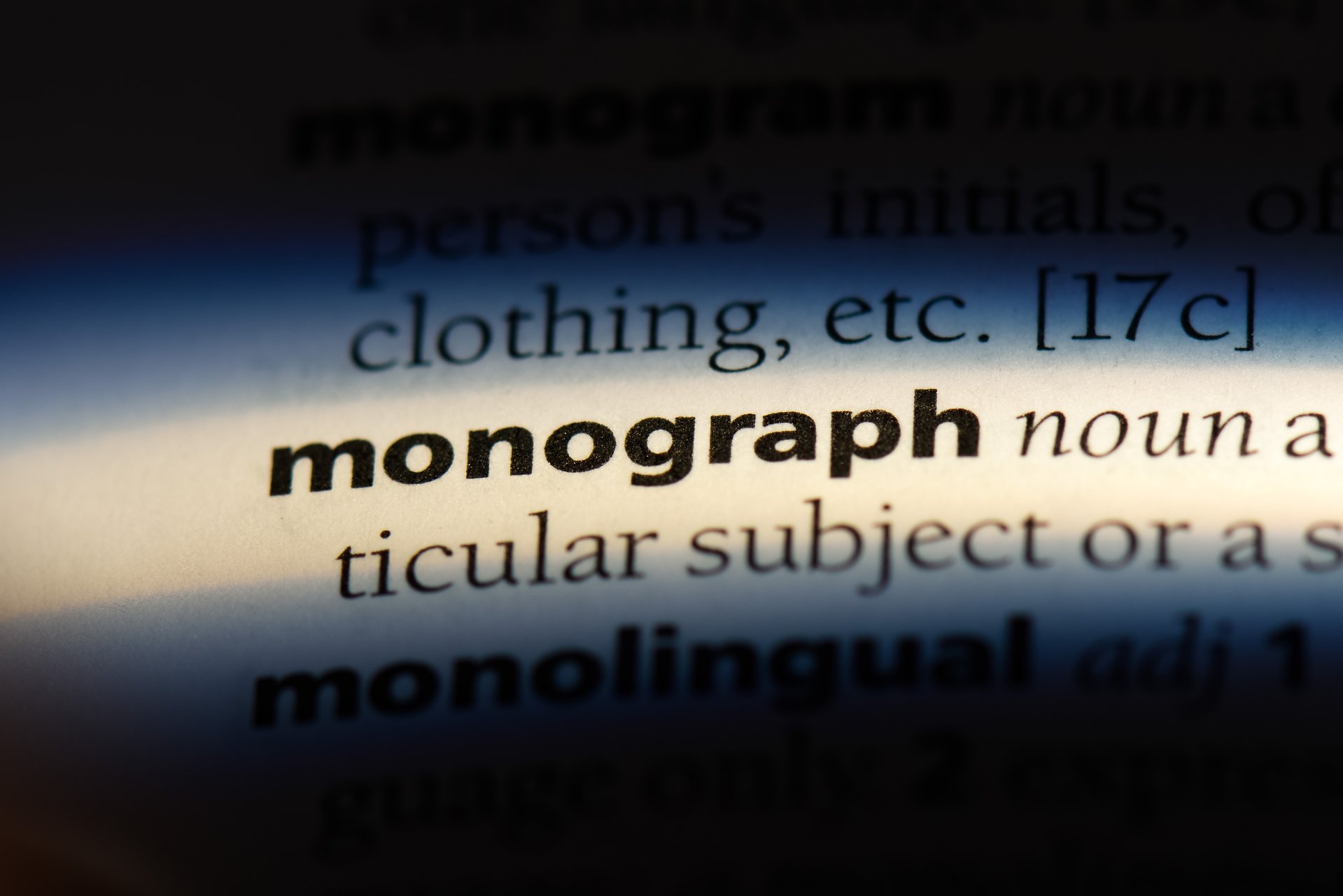
Here you will find an overview of the monographs and Edited Volumes published in the SFB 294 “Structural Change of Property”.
continueJournal Articles

Here you will find an overview of the Journal Articles published in the SFB 294 “Structural Change of Property”.
continueWorking Paper
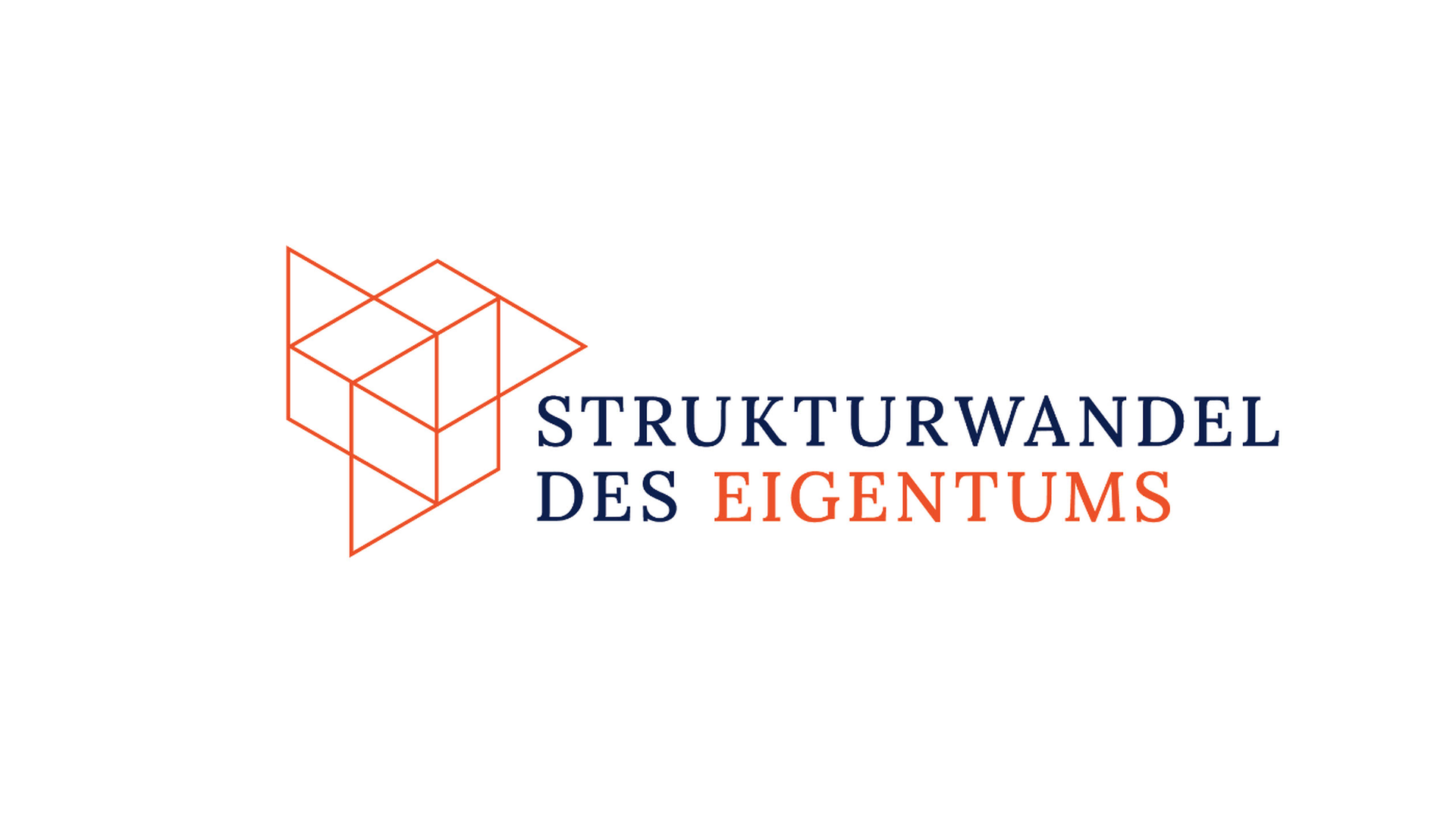
The Working Paper series of the Collaborative Research Centre 'Structural Change of Property' publishes first, preliminary research results from the different subprojects as well as impulses for debates from cross-project discussions and working groups within the SFB at irregular intervals. Contributions by fellows and associated members of the SFB also appear in this series.
Members of the editorial team are Simon Gurisch, Philipp Köncke, Jana Ilnicka, Christine Schickert and Amelie Stuart.
The team can be reached at: koordination.sfb-eigentum@uni-jena.de
New Library of Property

In the New Library of Property you will find a link-equipped and easily searchable bibliography with texts on the subject of property, get access to publications from the SFB Structural Change in Property and will find material collections from these and other pools in the future. In addition, every quarter we present an interesting source text related to our research in more detail.
To the website of the New Library of Property
